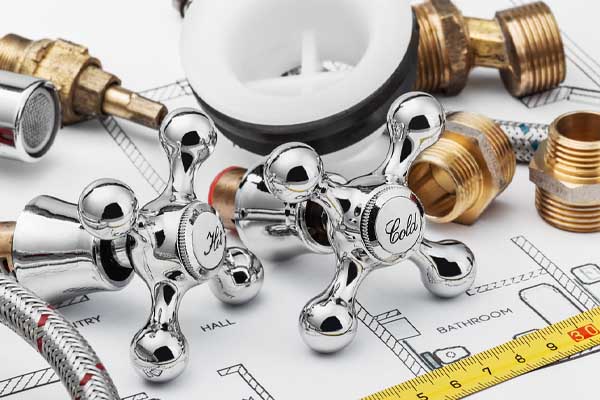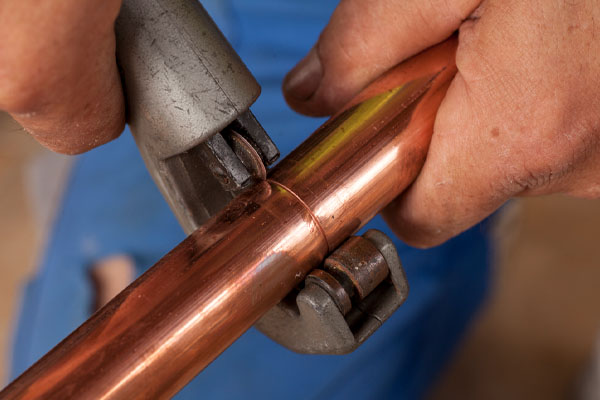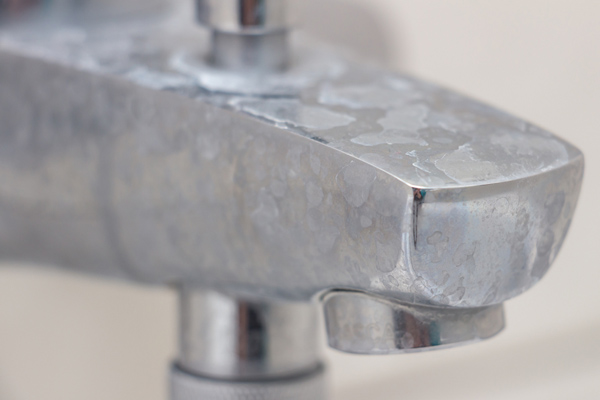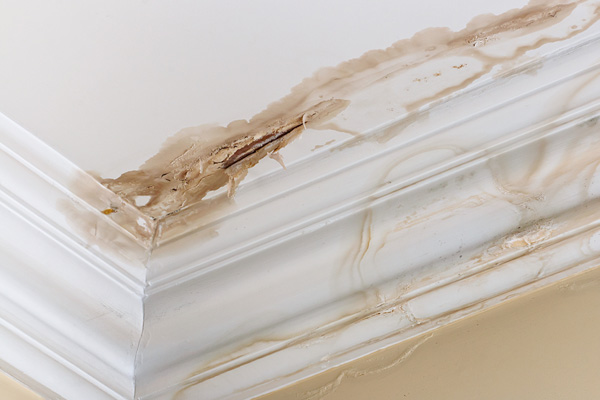
Piping, pipe connectors, as well as other parts of your home’s plumbing system can fail due to a myriad of factors. Some of those factors include, among others, poor maintenance, faulty components, low-quality installation, major shifts in temperature, or age. You should therefore be aware of the expected life span of all the components of your plumbing and the signs of failure so that you avoid the costs, inconvenience, and insurance nightmares that come with plumbing issues. Here’s a look at some of the factors that determine the lifespan of home plumbing.
What’s The Lifespan Of My Home’s Plumbing?
Contents
Below, we discuss the lifespan of specific components that make up a plumbing system.
Type Of Plumbing Piping Material
Assess your plumbing to find out the kind of piping material that’s deployed in your home. Various piping materials pose different issues and have varying life expectancies. Therefore, when you buy a home, you should get an inspection or appraisal report that details the kind of plumbing piping material used in the property. For instance, clay is often used in historic homes. Unfortunately, clay deteriorates much faster than modern materials. Here’s a look at the lifespan of other types of pipe materials (note that these are ballpark figures):
Copper Plumbing Piping Material

Copper pipes typically last 70 to 80 years. Therefore, if your home is older, you should get a plumber to assess the condition of the copper pipes. Copper pipes can corrode and contaminate your water if you don’t replace them in time.
Brass Plumbing Pipes
Brass piping can last up to 100 years. However, brass pipes are used less frequently in recent times because they can leach lead into the water.
Galvanized Steel Plumbing Piping Material
Galvanized steel piping can last up to 100 years. They were common in US households pre-1960s. Take note that even though the pipes are coated with zinc to prevent corrosion, they start rusting after some time and thus are not as durable as initially advertised.
Cast Iron Piping Material
Cast iron pipes can last up to 100 years and can withstand high levels of water pressure. However, they tend to corrode over time.
PVC (Polyvinyl Chloride) Pipes
PVC pipes can last up to 70 years. While they may not be as long-lasting as metal pipes, they make for a great option because the material doesn’t corrode.
Polybutylene Plumbing Piping Material
Polybutylene pipes were popular from the late ’70s to the mid-90s because they were considered a more cost-effective option. However, the material turned out to be flimsy, lasting for only about 15 years. Because of its weak constitution, the material is barely used today, but if by any chance polybutylene pipes are used in your house, you’re better off replacing them with a more robust option.
Lead Plumbing Pipes
Despite lead pipes being durable, the material is extremely toxic. So lead pipes are a no-no, they should be replaced immediately.
The long-life cycles may seem impressive, but you also need to think about other parts of the plumbing system such as fittings, pipe joints, and mechanical components the link your household fixtures to your plumbing. Compromised connections as well as faulty or aged fixtures can lead to water backups and leaks.
Hot Water Heaters
- Tankless water heaters typically last up to 20 years
- Traditional water heaters last up to 12 years
- Heat pump heaters can last up to 10 years
The lifespan of your water heater, however, will also be hinged on how often it’s used and the maintenance it receives.
Toilets
Toilets can last up to 50 years. You may, however, need to swap some of the moving parts during a toilet’s lifespan. Moreover, if your toilet was manufactured pre-1994, you should consider replacing it with a newer and more water-efficient one. Older toilets typically use more water, and therefore, can inflate your water bills.
Faucets

Mineral deposits can accumulate in faucets over time. You can fix this issue through an uncomplicated cartridge repair. But if your faucet is consistently leaking or if rust is coming out, you may need to replace it. The lifespan of your faucets will vary depending on the manufacturer.
Sump Pumps
An effective sump pump keeps you’re your basement dry in case of heavy rain and thus can save you from costly water damage costs. Typically, a sump pump can last up to 10 years. If your sump pump is nearing this age, you should get it inspected.
Well Pumps
A well pump can last up to 15 years, depending on how heavily it’s used, as well as water and sediment levels in your area.
Signs Of Plumbing System Failure

The obvious signs of a failing plumbing system are leaks, corrosion, and pipe cracks. Other signs include warped or water-stained flooring, wet baseboards or the areas behind your sinks or dishwasher, and rust-colored water tubing.
Furthermore, if the water pressure is low, that may signal leaks or a clogged drain. Rattling or gurgling sounds may be signs of pipe blockage. Even the slightest plumbing issues can snowball and cause expensive major home damage and ultimately an insurance nightmare. So reach out to a plumber as soon as you notice any issue.
Conclusion
The lifespan of your home’s plumbing system typically depends on factors such as age, material, frequency of use, and maintenance schedule.
Call Robinson Plumbing For All Of Your Plumbing Requirements

Contact Robinson Plumbing, one of the most trusted plumbing companies in the Lehigh Valley, for reliable plumbing services. We offer various plumbing services ranging from water heater replacements, whole-house water filter installations, toilet repairs and replacements, water leak repairs, and more. We always give a wide range of solutions when possible for any plumbing repairs. This allows you to choose the best options for your budget and home.
We proudly offer the most affordable and best plumbing services in the Lehigh Valley area. Our plumbers all have the proper licenses and expertise to ensure your satisfaction. All of our work comes with a guarantee. Contact Robinson Plumbing today and schedule your free estimate.
Call us today at (610) 351-9889 or click here to contact us for any questions that you might have!
